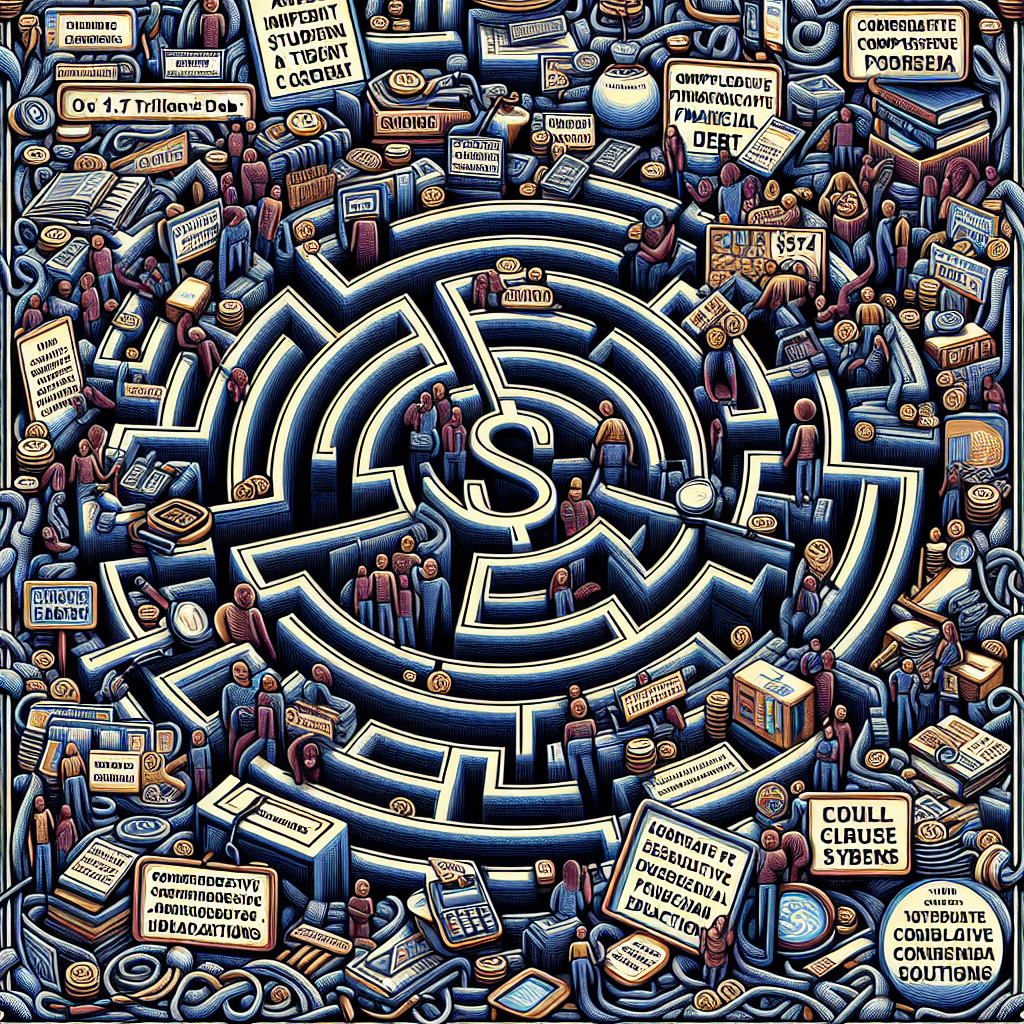Gen Z’s Financial Literacy Crisis: Navigating the Trillion-Dollar Debt Maze
The Roots of Financial Illiteracy
Gen Z, the generation born between 1997 and 2012, is facing an unprecedented financial challenge that threatens their economic future. With student debt in the United States soaring past $1.7 trillion, the lack of financial education has become a critical issue affecting millions of young Americans.
The education system’s failure to provide comprehensive financial literacy has left an entire generation vulnerable to complex financial decisions. Most schools do not include personal finance in their curriculum, leaving students unprepared to manage their money effectively. This educational gap means that young people are entering adulthood without basic skills in budgeting, saving, and understanding financial instruments.
The Hidden Costs of Financial Ignorance
The consequences of this financial illiteracy extend far beyond individual struggles. Young adults are more likely to accumulate high-interest loans, rack up credit card debt, and make poor financial choices that can impact their long-term economic stability. Experts warn that this trend could have broader economic implications, potentially hindering an entire generation’s ability to achieve financial independence.
The solution requires a multi-faceted approach. Advocates are calling for immediate action, including integrating financial education into school curricula, providing community-based financial workshops, and encouraging parents to take a more active role in teaching money management skills.
Online resources, interactive courses, and targeted financial literacy programs are emerging as potential solutions to bridge the knowledge gap. These initiatives aim to equip Gen Z with the tools they need to make informed financial decisions, understand investment strategies, and navigate the complex world of personal finance.
As the student debt crisis continues to grow, the importance of financial literacy has never been more critical. By addressing this educational shortfall, we can empower a generation to take control of their financial future and break the cycle of economic uncertainty.

